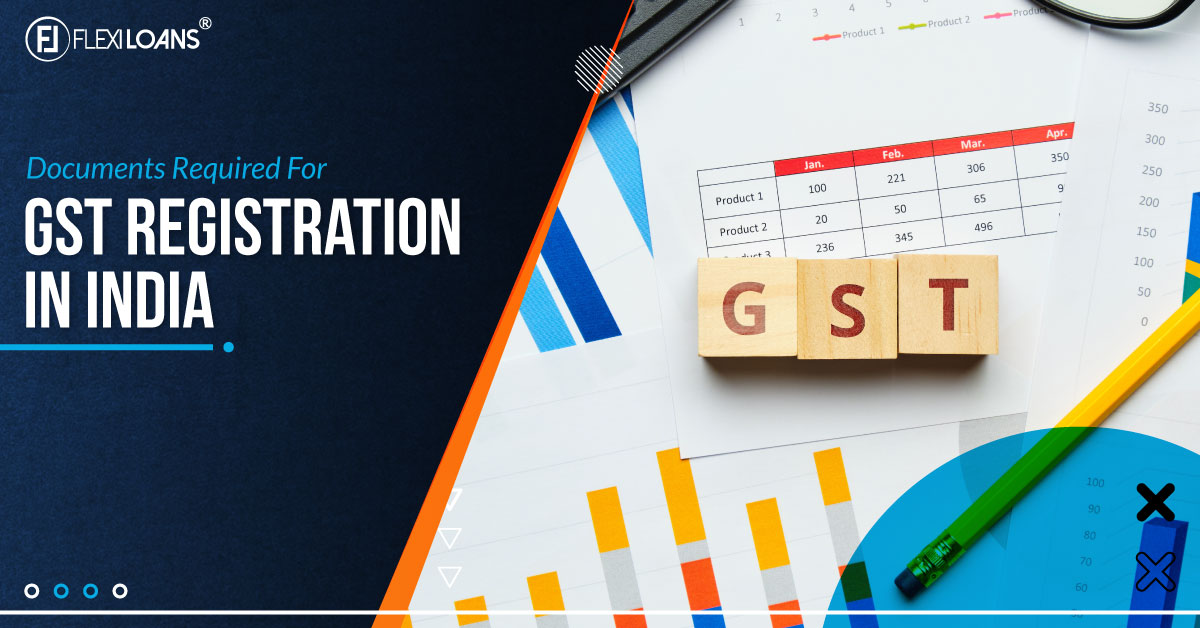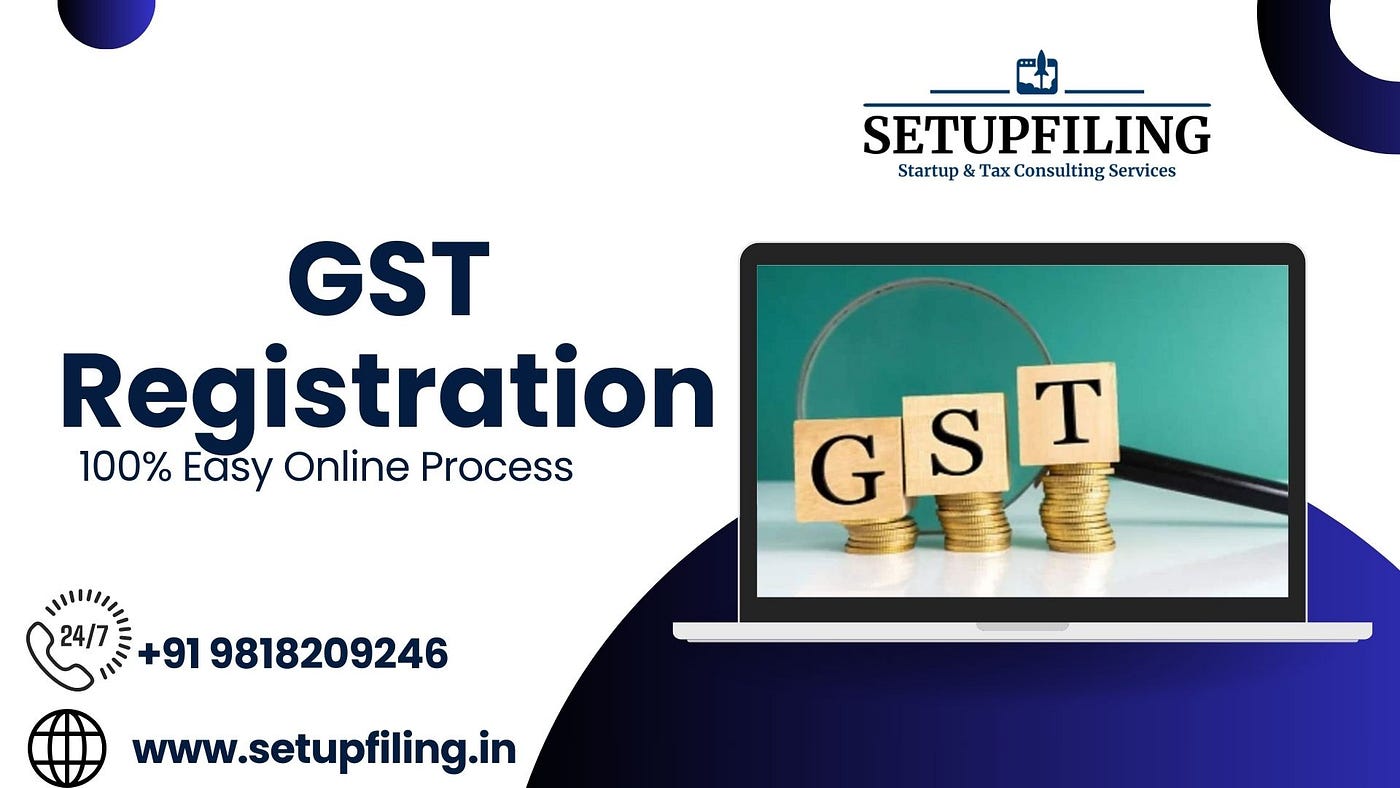The Ultimate Overview to Simplifying the GST Registration Refine and Requirements for Small Company Owners

Understanding GST Essentials
To realize the fundamentals of the Goods and Provider Tax Obligation (GST) system, local business proprietors need to initially recognize its underlying effects and concepts. GST is a value-added tax imposed on the majority of items and solutions for residential usage. It aims to streamline the taxation process by changing several indirect tax obligations imposed by the state and main federal governments. Under the GST regime, businesses are needed to register and gather tax obligation in support of the federal government, ensuring openness and compliance.
Among the essential principles of GST is input tax obligation debt, which enables companies to declare credit for tax obligations paid on their acquisitions. This mechanism avoids the cascading effect of taxes and promotes performance in the tax obligation system. In addition, GST is a destination-based tax, suggesting that the tax is imposed at the factor of usage instead of the factor of origin. This makes sure reasonable circulation of tax profits among states based on where the goods or solutions are taken in. Recognizing these basic concepts is vital for tiny company proprietors to navigate the complexities of the GST system and make certain compliance with the law.
Qualification Standards for Registration
Having actually established a fundamental understanding of GST concepts, small company proprietors must now satisfy certain qualification requirements to proceed with the registration procedure. In India, entities involved in the supply of products or services with a yearly accumulation turn over exceeding Rs. 40 lakhs (Rs. 10 lakhs for unique classification states) are needed to register for GST. Furthermore, certain services such as those associated with inter-state supply of products, casual taxable individuals, and those called for to pay tax obligation under the reverse fee system must register for GST irrespective of their turnover. Businesses that were registered under the previous tax routine (VAT, solution tax obligation, etc) are likewise mandated to register under GST. Nevertheless, farming services that just provide produce out of main manufacturing are excluded from GST registration. It is crucial for organization proprietors to thoroughly assess their eligibility based upon these standards to make sure conformity with the legislation and avoid any penalties for non-compliance.
Files Needed for GST Registration

Simplified Enrollment Process Steps
Complying with the collection and confirmation of the requisite documents, the enrollment procedure for GST can be navigated with a collection of simplified steps made to facilitate effective conformity for small service owners. Upon effective confirmation, an Application Reference Number (ARN) is provided, suggesting the conclusion of the GST enrollment process. By complying with these streamlined actions, little organization proprietors can effectively register for GST and ensure compliance with tax policies.
Tips for Ensuring Compliance
To maintain regulatory adherence and functional honesty, attentive oversight and aggressive actions are crucial in ensuring conformity with GST needs for local business proprietors. Tiny organization owners should stay upgraded with GST guidelines, filing deadlines, and any kind of adjustments in browse around these guys tax obligation prices to prevent penalties and keep a great standing with tax authorities. One essential pointer for conformity is to keep thorough and precise records of all purchases, including expenses, billings, and receipts connected to GST. Routinely reconciling monetary documents with GST returns can assist in identifying and remedying any disparities quickly. In addition, conducting routine internal audits or seeking specialist support can guarantee that business is complying with all GST regulations correctly. It is additionally essential for local business owners to buy GST-compliant audit software application that can simplify the tax filing procedure and decrease errors. Participating in GST awareness workshops or training programs can enhance understanding and conformity with GST regulations, ultimately benefiting the service in the lengthy run.
Verdict
To conclude, small company proprietors have to recognize the essentials of GST, satisfy the eligibility criteria, collect essential records, and comply with the simplified enrollment process steps to ensure conformity. By streamlining the GST registration process and requirements, small organization owners can avoid fines and run their services smoothly within the lawful structure - Singapore GST Registration. It is vital for little business owners to remain compliant and informed with GST laws to preserve a successful service operation
Tiny service owners looking for GST registration have to ensure they collect and submit the essential papers to finish the registration procedure effectively. The documents required for GST enrollment normally consist of proof of service registration or incorporation, FRYING PAN (Long-term Account Number) card of the business identification, address and entity proof of the promoters/partners/directors, pictures, address proof of the area of business, financial institution account declarations or canceled cheques, and permission kinds. Going to GST awareness workshops or training programs can boost understanding and compliance with GST policies, inevitably benefiting the company in the lengthy index run.
By streamlining the GST registration process and demands, small company proprietors can stay clear of penalties and operate their organizations efficiently within the legal framework. It is vital for little company proprietors to remain compliant and educated with GST guidelines to keep a successful business operation.